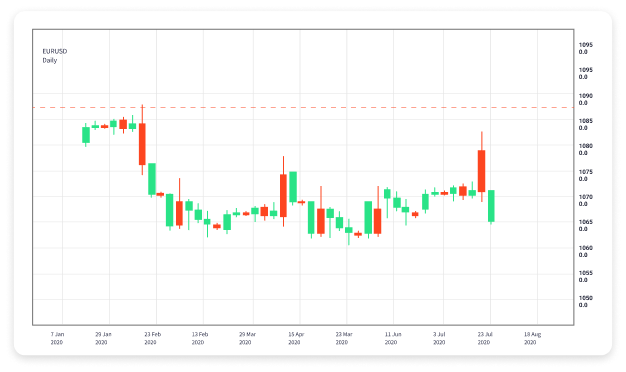
Understanding Forex Trading Taxes: A Comprehensive Guide
When entering the world of forex trading, it is essential to understand not only the intricacies of the market but also the tax implications that come with trading. Many traders are often caught off guard by the responsibility to report their earnings to tax authorities. This guide aims to shed light on forex trading taxes and offer insights on maintaining compliance while engaging with forex trading taxes Hong Kong Brokers.
1. What Are Forex Trading Taxes?
Forex trading taxes refer to the tax obligations that traders must fulfill based on their earnings from currency trading. These taxes can vary widely depending on the trader’s country of residence, as different jurisdictions have specific tax laws governing forex income. Some traders may be surprised to learn that their profits from trading are subject to taxation, much like income from traditional employment or investment activities.
2. How Forex Trading is Taxed
Forex profits are generally classified as either capital gains or ordinary income, depending on the regulations of the trader’s country. For instance, in the United States, forex trading profits are typically taxed as capital gains. However, the IRS also provides guidelines for traders who elect to be taxed under the mark-to-market accounting method. This method allows traders to report their profits and losses as if their positions were sold at the end of the year, providing a more streamlined approach to reporting.

3. Key Tax Regulations by Region
United States
In the U.S., traders must adhere to specific IRS regulations. Gains from forex trading are taxed under Section 1256 contracts, which offers a unique twist: 60% of the gains are treated as long-term capital gains, and 40% as short-term capital gains, regardless of how long the trader held the position. It allows for potentially lower tax rates on a portion of the profits. However, accurate reporting of trades and maintaining meticulous records is crucial.
United Kingdom
In the UK, forex traders can also be taxed based on how they conduct their trades. If you are classified as an individual trader, any profits made may be subject to Capital Gains Tax. Conversely, if you operate as a business, profits may be taxed as income. The distinction is significant, and traders should consult with a tax professional to clarify their status and obligations.
Australia
In Australia, forex trading is treated similarly, with individuals being required to declare profits as part of their annual income tax return. However, unlike other forms of investment where loses can offset gains, Australian forex traders must adhere to strict record-keeping guidelines to substantiate their claims during tax season.
4. Keeping Accurate Records

Regardless of the region, one of the most crucial aspects of managing forex trading taxes is maintaining accurate records of all trades. Traders should document the date, time, currency pairs traded, profit or loss on each trade, commissions paid, and any other relevant details. This information is vital for preparing tax returns and can help minimize the risk of disputes with tax authorities.
5. Common Deductions
Forex traders may be eligible for various tax deductions that can reduce their taxable income. Common deductions include:
- Trading Commissions: Fees paid to brokers can often be deducted from taxable income, reducing the overall tax burden.
- Educational Expenses: Costs related to trading education, such as books, courses, and seminars, may qualify as deductions.
- Software and Tools: Any software or equipment purchased for trading purposes may also be deductible.
6. Consulting a Tax Professional
Given the complexity of tax regulations pertaining to forex trading, consulting a tax professional is highly recommended. A knowledgeable tax advisor can help traders navigate their local tax laws, ensure compliance, and identify opportunities to optimize tax obligations.
7. Conclusion
Forex trading presents exciting opportunities for profit, but it is vital for traders to remain informed regarding their tax obligations. Understanding how forex trading is taxed, keeping accurate records, and consulting with a tax professional can help mitigate the risks associated with misreporting earnings. By fostering a proactive approach to tax compliance, traders can focus more on their trading strategies and enjoy the financial rewards that come with successful forex trading.
